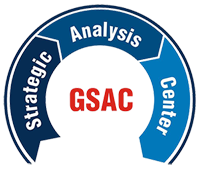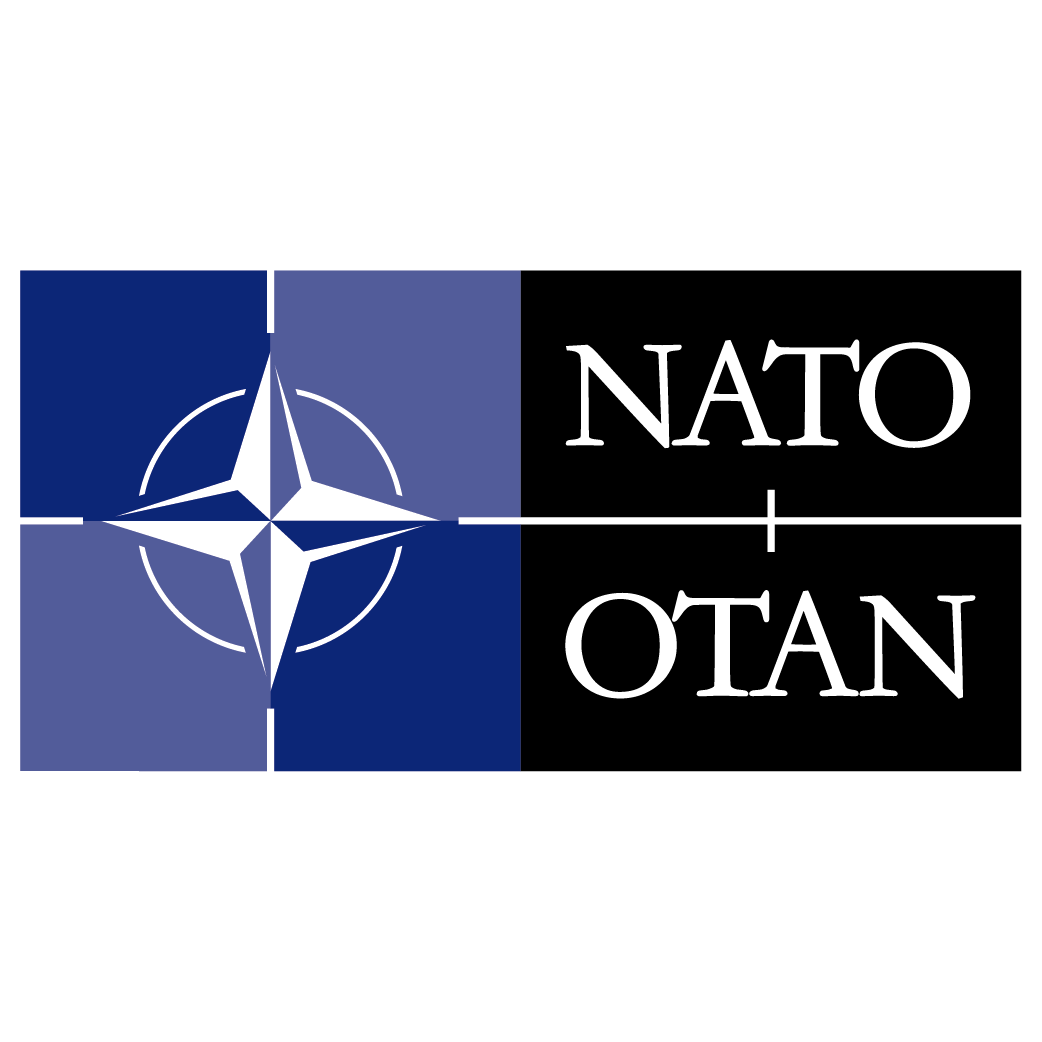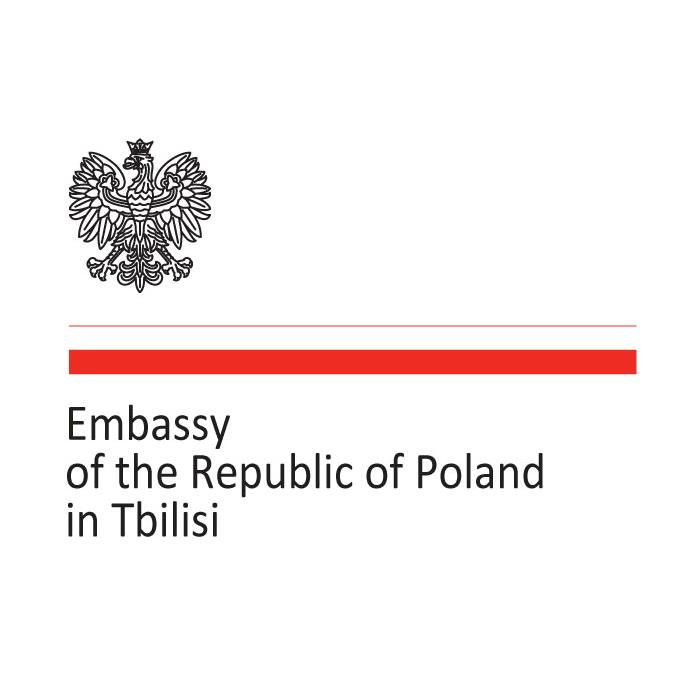On February 24-25, 2023, UG School of Social Sciences within the framework of UG Security Platform was pleased to host the Simulation Exercise under the title - “European Integration: Party Politics - Negotiations”. Representatives of three political parties – Untied National Movement, Girchi More Freedom and For Georgia along with up to 25 senior year BA and MA students from different Georgian universities participated in the event.
The Exercise scenario implied testing potential political developments in Georgia and reactions of internal political actors on the background of problems related to the Georgia’s EU integration agenda. Prior to Simulation Exercise participants were offered an intensive four-week thematic teaching modules (40 hours in total), during which they had an excellent opportunity to deepen their knowledge in EU integration process, political accountability and political party’s organization and management.
Participants of the Simulation Exercise had the brilliant possibility to grasp the real political atmosphere and the gravity of implications caused by internal and external political developments. Within the framework of the simulation participants were engaged in internal party discussions, bilateral and multilateral political negotiations and developed of strategies and tactics of their political performance.


